P Narendra of Pragati said, “I am happy that Impel has something quantifiable when it comes to the strength of binding - and hence durability of a book. If one can measure it, efforts can be taken to up the quality.”
Traditionally, page-pull testing equipment had to be imported and was “prohibitively expensive”, thereby only a select few book printers and publishers had access to it. Plus these were bulky equipment. Impel’s page-pull tester is a portable device, which can be dismantled and easily transported to different locations within or outside the premises of a printshop.
The device is designed by Nair with inputs from bookbinding experts from across the world.
P Sajith, director, Impel Services, said, “We are offering a tool to the bookbinding fraternity that will help them establish the value of their services and justify the price they seek. It also helps the print buyer bring in much-required standards for bookbinding into play. Our medium-term objective is to help establish low-cost QC labs for book printers. Our principal partners, Henkel Adhesives Technologies India, are with us, encouraging our efforts.”
With publishing houses in India producing books at par with international standards, there is an increased demand for the quality of binding as well. Ajay Kumar Joshi, assistant vice president - demand planning and production, Penguin Random House India, said, "We prefer to mention the standard requirements, be it gsm and bulk for paper or page pull strength for binding. The onus should be on printers to deliver the same as per our required specification and also to certify the same. To start the process, we need to discuss with the printers and take them on board."
Sunil Kumar, operations head, Elsevier, added, "It has now become important to understand the requirements so that we can avoid over-engineered products or low-quality products. It is necessary to understand required page pull strength and ensure that you get the same from your printers."
Impel Services is involved in sale and service of bookbinding machines and is the authorised distributor and services partner of Henkel.
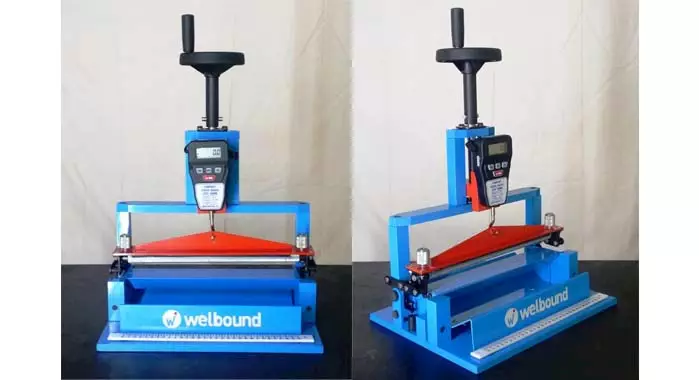
Impel's page-pull tester



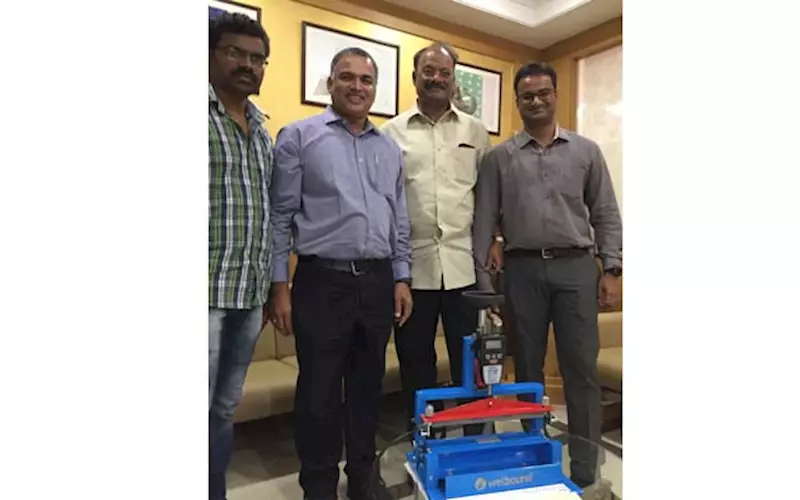

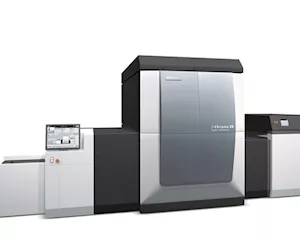
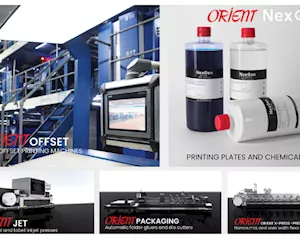
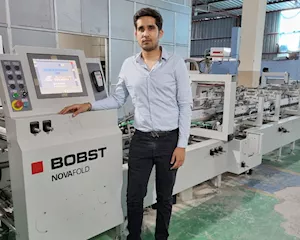
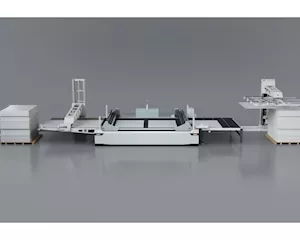






 See All
See All